Feast of Our Lady of Guadalupe
Tuesday, December 12, 2023
Rev. Patrick M. Mulcahy
It’s so important to our spiritual lives that we be willing to be interrupted by the holy. If we just keep doing what we’re doing, and never take notice of what God is doing, we miss out on some pretty wonderful experiences. The apparitions of our Blessed Mother are holy interruptions, experiences that call our attention to what God is doing.
Appropriately enough, I think, we celebrate a second of Mary’s feasts in the space of just three days. During Advent, we naturally turn our hearts in gratitude to Mary for her fiat that made possible our world’s salvation. On Monday, we celebrated the Immaculate Conception of Mary; today we celebrate Our Lady of Guadalupe. We celebrate Our Lady of Guadalupe in part because she is the patroness of all the Americas, and so once again, a special patron for us.
A Native American author of the sixteenth century describes the story of our Lady of Guadalupe in today’s Office of Readings. He tells us of a Native American named Juan Diego, who was on his way from his home to worship on the hill of Tepeyac. There he heard someone calling to him from the top of the hill. When he got to the top of the hill, he saw a woman whose clothing shone like the sun. She told him that it was her desire that a church be erected on the hill so that all could worship her son Jesus. She sent him to the local bishop to plead that cause.
The bishop didn’t believe Juan Diego’s story and sent him away. He returned to the hilltop to find the radiant Lady once again, and she told him to tell the bishop that she, the ever virgin Holy Mary, Mother of God, sent him. Again the bishop did not believe, telling him that unless he had a miraculous sign, he would not believe the story.
At that point Juan Diego’s uncle became quite ill. Juan then set out for the local church to have a priest come to anoint his uncle. He purposely took a route around the hill at Tepeyac to avoid seeing the Lady and being detained, since the need for a priest was urgent. But of course, she met him at the side of the hill and spoke to him again. She assured him that his uncle had already been cured and sent him up the hilltop to find flowers of various kinds. He got to the top of the hill to find many Castilian roses growing there, which was odd for that time of the winter. He cut them and carried them down the hill in his tilma, a kind of mantle that he wore for warmth. She sent him to the bishop bearing the miraculous flowers as proof.
He went confidently to the bishop and informed him that the Lady had fulfilled his request for a sign. He opened up his tilma, the flowers fell to the ground, but the great miracle was that the inside of the tilma revealed the image of our Blessed Mother, in the same manner as Juan had seen her on the hill. The bishop built the church, and devotion to Our Lady of Guadalupe, as she had referred to herself, has grown ever since. You can still see the tilma, still bearing the image of Mary, at the shrine in Guadalupe today. That’s another miracle, since it should have deteriorated all these centuries later.
During Advent we are blessed to have the saints interrupt us with the holy, pointing the way to Jesus. None of them does this more faithfully than his very own mother, and so we are blessed to celebrate her feast today. May Mary our mother and the mother of God, lead us one day to her Son, our Lord Jesus Christ.
Pray for us, O holy Mother of God, that we may be made worthy of the promises of Christ. Amen.
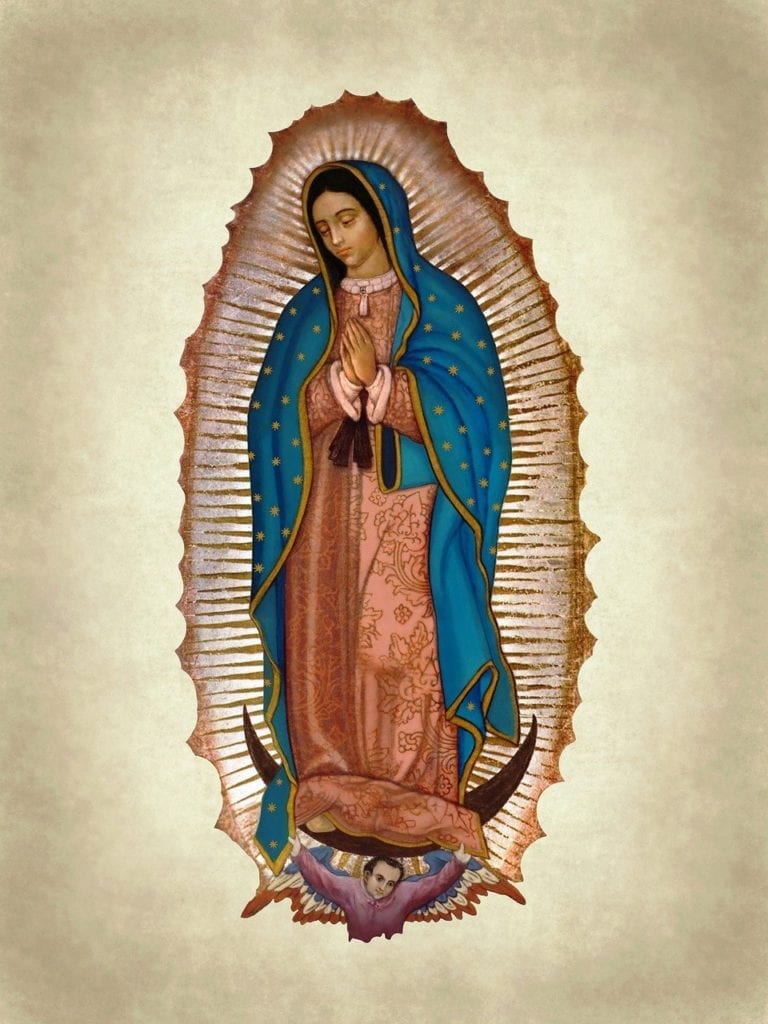



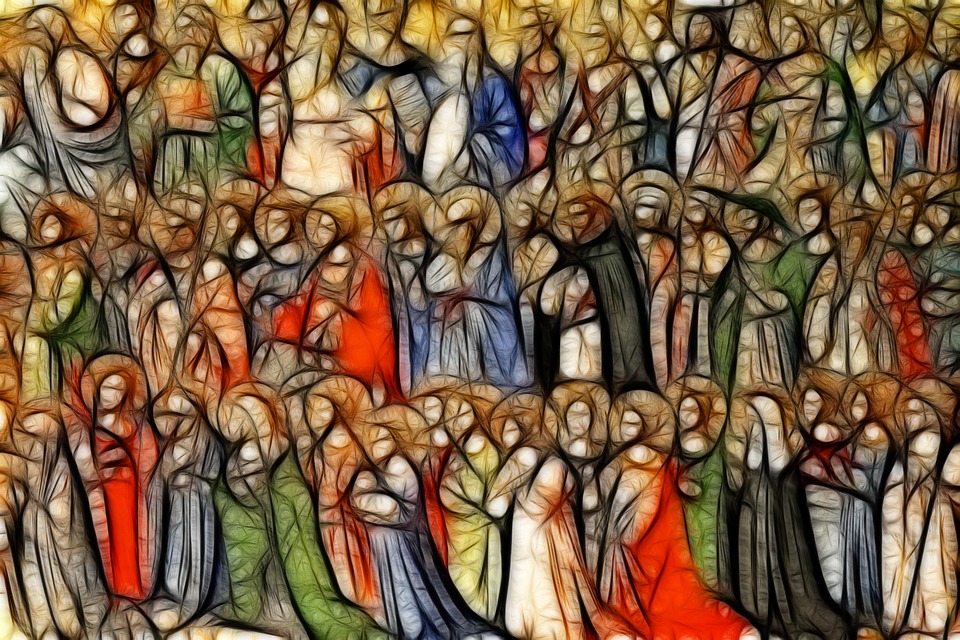
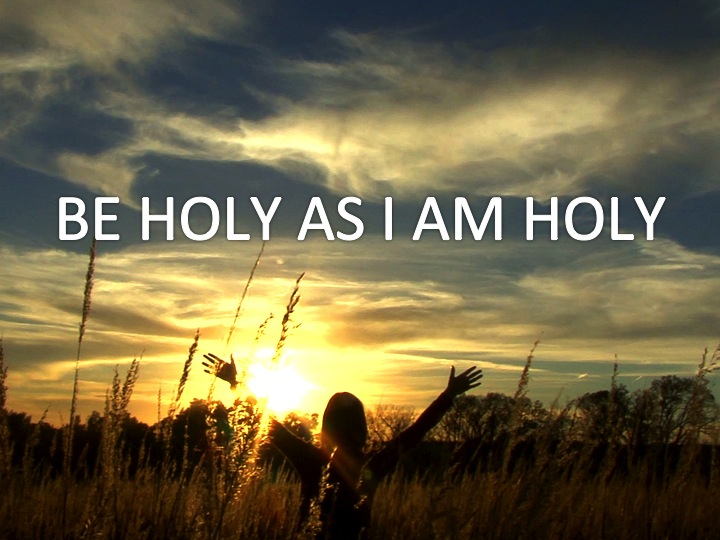
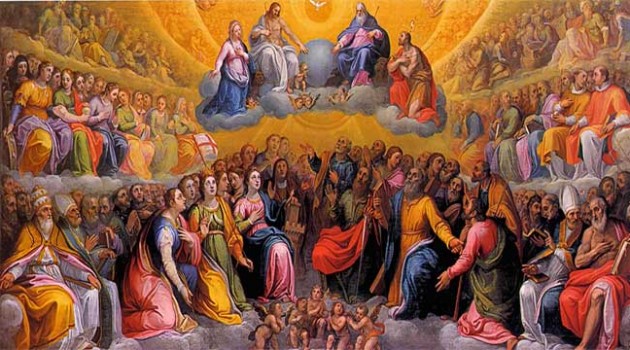

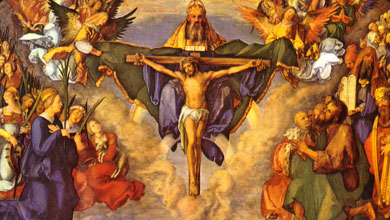
You must be logged in to post a comment.